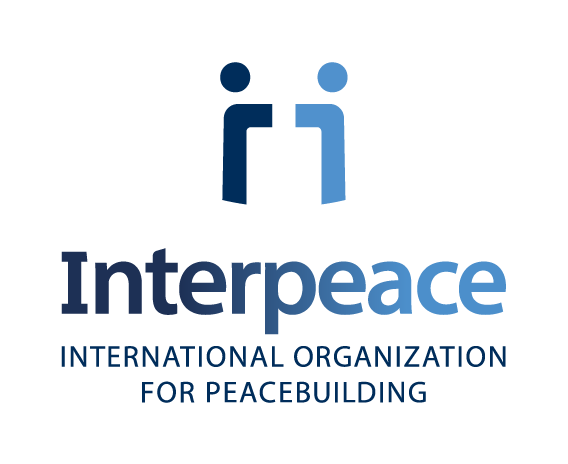
In 2022, Interpeace started offering an online course on peace responsiveness, which assists humanitarian, development and peacebuilding professionals to operationalise the Sustaining Peace Agenda and the HDP nexus.






The international agenda for peace and sustainable development faces significant challenges. Globally, the number of conflicts is at an all-time high, millions have been displaced, conflict-induced humanitarian crises continue, and none of the world’s conflict-affected nations are on track to meet key SDGs. In the absence of significant progress on SDG16 (peace, justice and strong institutions), progress on other SDGs will be very difficult to achieve. At the same time, progress on other SDGs can contribute to peace, if there is the right level of intentionality and purpose.
Interpeace has developed the operational paradigm of ‘peace responsiveness’ to address this challenge. It enhances the ability of actors that operate in conflict-affected or fragile contexts to be conflict-sensitive, to deliberately contribute to peace through their technical programming, and to do so in a manner that enhances collective impact, supports inclusive, gender-responsive and locally-led change, and strengthens societal resilience to conflict and violence.
Interpeace works with partners in the humanitarian, development and stabilisation sectors to advance peace responsive approaches in practice, by translating abstract concepts into practical changes of policy, programmes, operations, mindsets and incentives. Interpeace’s Peace Responsiveness Programme has strategic partnerships with five UN development or multi-mandate agencies: WHO, ILO, IOM, FAO, and UNFPA. These partnerships pre-date 2022 but have continued and deepened in 2022. FAO, ILO, IOM, UNFPA, UNICEF, WFP and WHO are members of the Cross-Organisational Platform for Peace Responsiveness.

In 2022, Interpeace started offering an online course on peace responsiveness, which assists humanitarian, development and peacebuilding professionals to operationalise the Sustaining Peace Agenda and the HDP nexus. The first course of its kind, it takes a holistic perspective by covering programmatic but also individual and organisational requirements for sustaining peace.
The course enables humanitarian, development and peacebuilding professionals to maximise the peace contributions of technical initiatives (on food security, water, sanitation, and hygiene, and health) in fragile and conflict-affected contexts. As noted, the course also covers issues of personal agency and the organisational environment that must be addressed to overcome barriers and adopt peace-responsive approaches in international assistance, and supports operationalisation of the UN Sustaining Peace Agenda and the HDP nexus.
Bodhi Global Analysis is an international development consultancy that specialises in political economy analysis, conflict analysis, and gender and inclusion. In 2022, two members of Bodhi’s team participated in the Peace Responsiveness training. Afterwards, they posted the following on Bodhi’s website: “This training has increased our understanding of how external evaluations can intentionally advocate for peace responsiveness, encourage reflections, and support concrete changes towards more effective humanitarian and development programmes that integrate peacebuilding principles and actively contribute to peace within the scope of their interventions”.
During 2022, 263 professionals from a range of contexts, organisations, and fields participated in the online peace responsiveness training.








